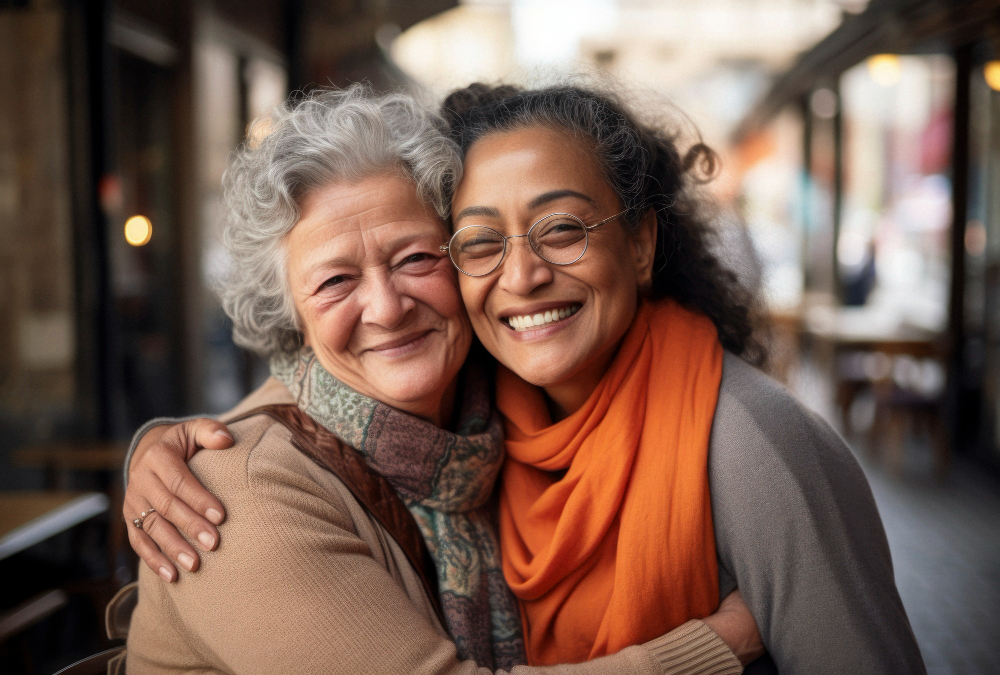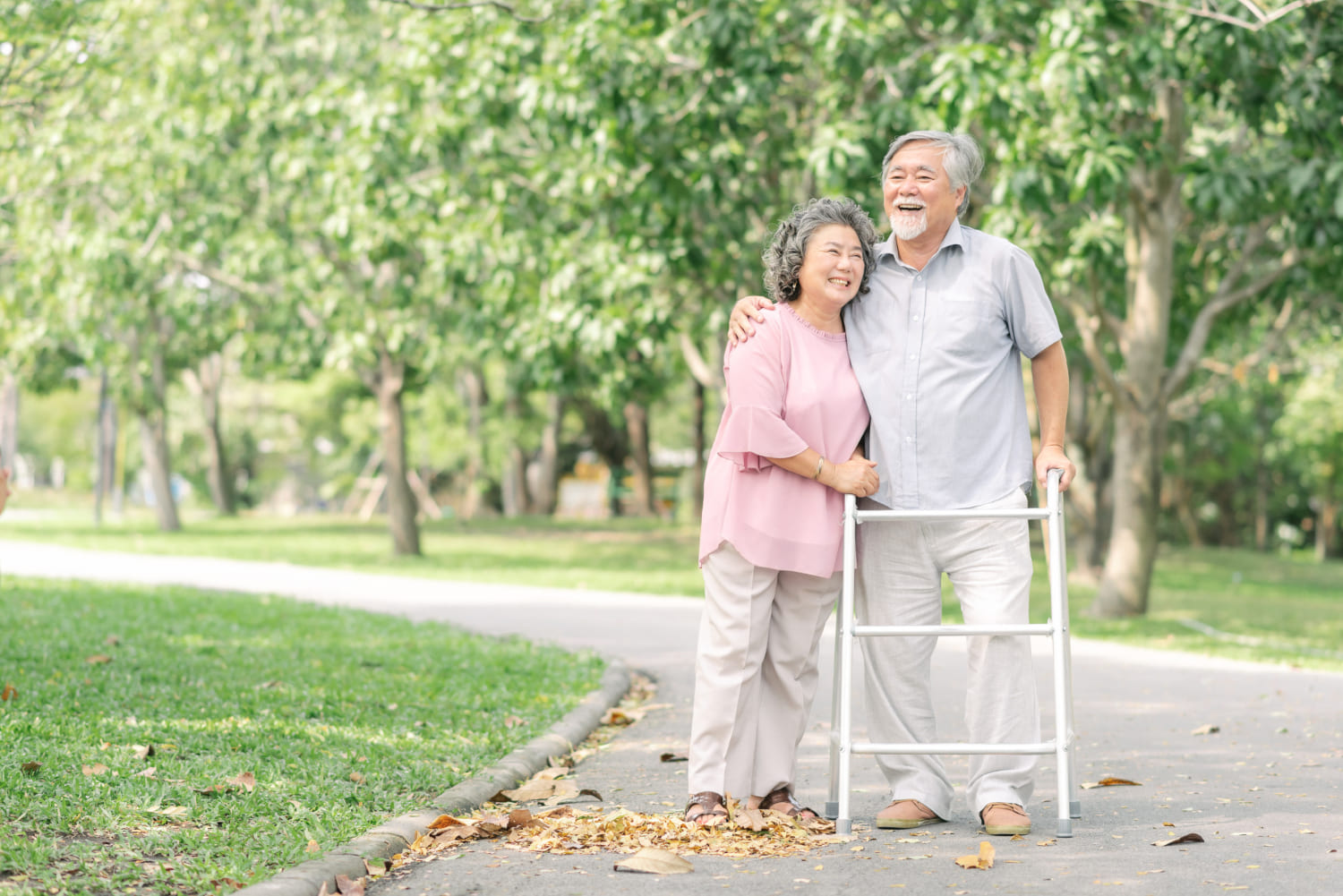Everyone is born with their own uniqueness. The same goes for the personality types of the elderly, who are getting older and more characterized. Understanding their personality types can help you determine the best way to care for them. For this reason, you should also know the following factors that affect the personality of the elderly.
Factors affecting the personality of the elderly
The factors that influence an elderly person's personality are diverse and include genetics, life experiences, health conditions and social environment. Let's talk more about each of these factors:
1. Genetics
Genetics can play an important role in shaping a person's personality, including the elderly. There is a genetic predisposition to various personality traits, such as levels of extraversion, neuroticism or intelligence. While genetic factors do not fully determine one's personality, they can provide an underlying basis for certain traits possessed by individuals, including in old age.
2. Life Experience
A person's life experiences also have a huge impact on the formation of his or her personality, including in the elderly. Past experiences, both positive and negative, shape the attitudes, values and habits that make up one's personality. Colorful and diverse life experiences can shape the way a person responds to situations and social interactions in old age.
3. Health Conditions
Physical and mental health conditions greatly affect the personality of older adults. Health problems such as chronic diseases, cognitive impairment, or mood disorders can affect their mindset, emotions, and behavior. In contrast, older adults who feel physically and mentally healthy tend to have more positive and active personalities.
4. Social Environment
The social environment, including relationships with family, friends and the community, also plays an important role in shaping the personality of older adults. Social support, positive social interactions and involvement in social activities can improve their mental and emotional well-being. Conversely, social isolation or interpersonal conflicts can cause stress and dissatisfaction that affect their personality.
Overall, the personality of a person, including the elderly, is the result of a complex interaction between these factors. Understanding the influence of these factors can help us provide appropriate support and promote the holistic well-being of the elderly in society.
Elderly Personality Types
Although every elderly person has a unique personality, there are some personality types that are often encountered in old age. Here are some personality types that are common among the elderly:
1. Constructive
Seniors with a constructive personality type tend to maintain a positive and proactive attitude towards their lives in old age. They may remain physically and socially active, have diverse interests and hobbies, and be open to new learning and experiences.
2. Independent
The independent personality type characterizes older adults who prefer to tackle challenges and solve problems on their own. They may have a high degree of independence in their daily lives, both in terms of physical and independent decisions.
3. Dependent
In contrast, some older adults tend to have a personality type that is more dependent on others or support systems. They may need more help in going about their daily lives, be it physical, emotional or financial.
4. Hostile
Seniors with the hostile personality type tend to exhibit more negative behavior and conflict with others around them. They may have a suspicious or defensive attitude towards others, and tend to refuse help or social interaction.
5. Self-Hating
This personality type refers to older adults who tend to have a negative view of themselves. They may feel inferior, worthless, or inadequate in their daily lives. This can be caused by a variety of factors, including mental health conditions or past life experiences.
Each of these personality types of older adults has different implications for their well-being and quality of life. It is important that we recognize and understand the personality types that exist among the elderly, and provide appropriate support and care to promote their well-being in old age. (Aq/PRT)
Read also:
7 Ways to Communicate Well with the Elderly








